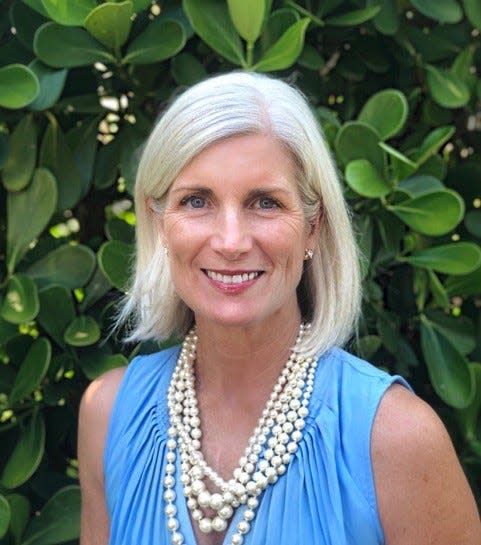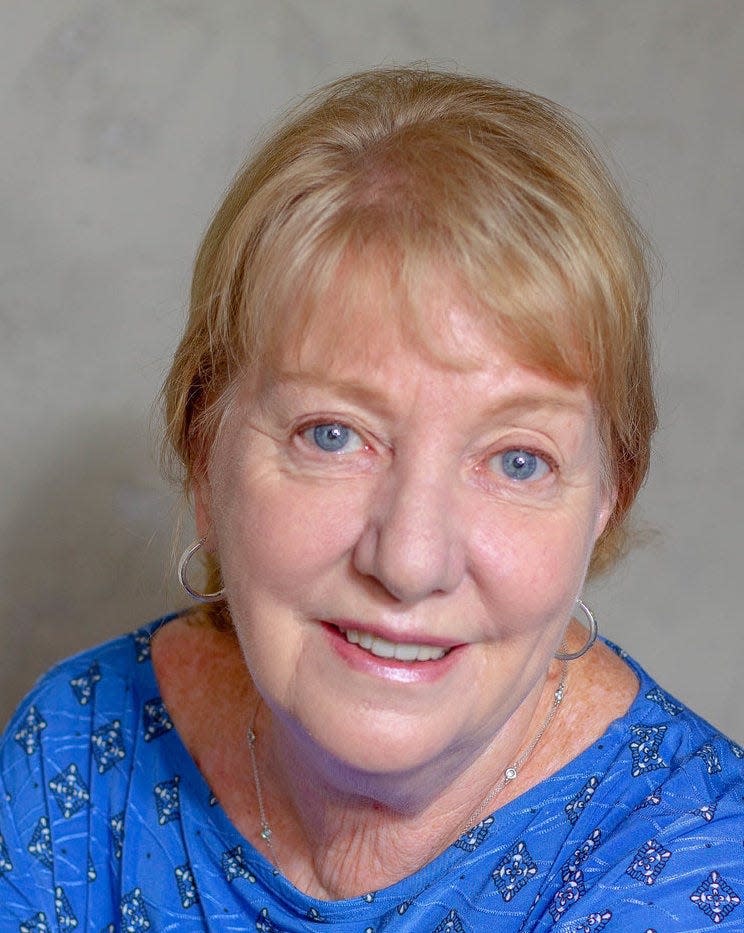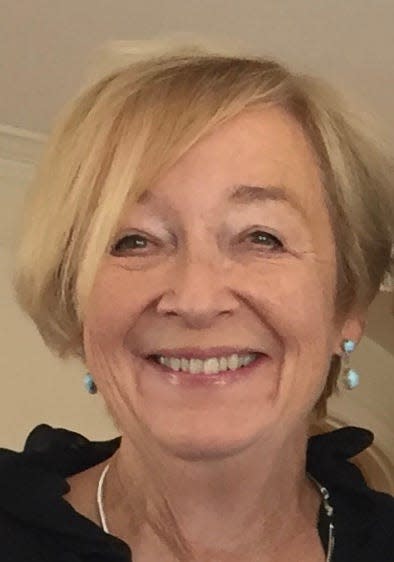Kindergarten: Ready or not?
Because they have not received a pre-kindergarten (Pre-K) education, most children in Florida are starting kindergarten without the levels of readiness they need to succeed. This early deficit should concern us all. These same children will graduate in 13 years and will need to be ready to participate in the workforce, obtain advanced education, and participate in the democratic process. Decades of research have demonstrated the positive effects of Pre-K on school achievement and later success in life. Closing the gap in Pre-K participation is thus essential to our long-term goal of producing a more informed citizenry.

Locally, we have seen the positive impact of having a Pre-K education. Over the past three years, Collier County Public Schools has increased the rate of kindergarten readiness for those who have attended Pre-K programs from 49% to 72%. This impressive rate is considerably higher than the 50% readiness rate those entering students who have not participated in Pre-K in Collier County and surpasses the 49% state rate.

Despite these findings, of the approximately 5,000 students eligible for entry to kindergarten in Collier County, only about 2,000 receive Pre-K education, either through private providers or Collier County Public Schools. The three main programs that provide early preparation − Head Start, VPK (voluntary Pre-K), and ESE (Exceptional Student Education) − are not able to serve the number of students who apply. The main reasons are threefold: lack of sufficient funding, a shortage of teachers certified in early childhood education, and space needed for these programs.

An additional critical deterrent is that many parents of eligible children simply do not apply for Pre-K education due to several factors. Working parents have childcare needs that may not be compatible with existing VPK programs that provide only four hours of state-supported education and additional four-hour coverage, when it is available, on a fee basis. Private providers offering non-subsidized programs must charge fees that many parents cannot afford.
Samuel (a pseudonym) is an example of a child from Collier County whose life and educational trajectory was changed by publicly funded Pre-K.
When Samuel first enrolled in Pre-K his development in both fine motor and gross motor physical development, as well as speech and language, were delayed. He would get visibly upset and cry if he was not carried to and from his classroom at drop-off and pick-up. Walking and other gross motor activities such as riding a bike and climbing up the stairs on the playground were difficult for him. With qualified staff working with him, Samuel has gained more control of his movements and now asks the teacher to walk with him for pick-up. His fine motor skills now meet expectations for his age: Samuel can use writing and eating utensils independently and with continued success. His speech and language have also progressed from being non-verbal to using complete sentences. He is on track to be ready for kindergarten thanks to having had access to Pre-K.
To ensure that all students come to kindergarten ready to learn and thrive, Florida must increase funding for the VPK program and expand it beyond the existing half-day to provide wraparound services for working parents. In addition, we must strengthen outreach to parents about enrolling eligible children. We must support innovative programs to “grow” teachers within the early childhood system through partnerships with higher education, vocational training institutions, and Pre-K providers.
Although several bills on early childhood education are now being considered, none speak to the considerable boost in funding necessary to close the Pre-K gap in Florida. We urge our Florida Senate and House members to offer amendments to these bills for increased funding. We call on citizens to communicate the need for increased Pre-K support to their state legislators. In Collier County, these are Senator Kathleen Passidomo and Representatives Bob Rommel, Adam Botana and Lauren Melo.
We need to think long-term. Our future is at stake.
Diane Preston Moore is president, League of Women Voters of Collier County. Nancy Van Note Chism, Ph.D., and Patricia Plummer, Ph.D., are co-chairs, Education Committee, League of Women Voters of Collier County.
This article originally appeared on Fort Myers News-Press: Kindergarten: Ready or not?

